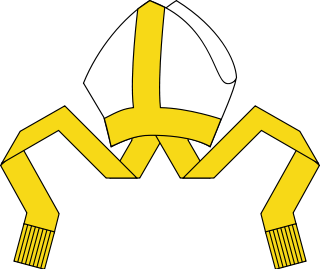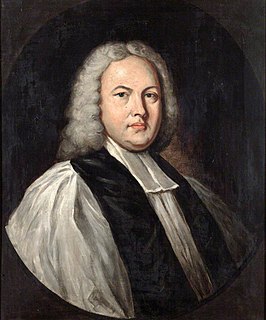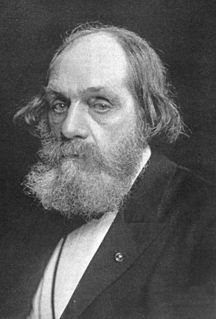A Quote by Ellen Ullman
I used to pass by a large computer system with the feeling that it represented the summed-up knowledge of human beings. It reassured me to think of all those programs as a kind of library in which our understanding of the world was recorded in intricate and exquisite detail.
Related Quotes
The human condition can almost be summed up in the observation that, whereas all experiences are of the past, all decisions are about the future. It is the great task of human knowledge to bridge this gap and to find those patterns in the past which can be projected into the future as realistic images.
What I think people should realize is that programs like Social Security, programs like Medicare, programs like the Veterans Administration, programs like your local park and your local library - those are, if you like, socialist programs; they're run by [and] for the public, not to make money. I think in many ways we should expand that concept so that the American people can enjoy the same benefits that people all over the world are currently enjoying.
Our global institutional arrangements - the basic ground rules that govern our world economy - are human-made. They don't exist naturally, nor are they God-given. We make these rules, those of the WTO [World Trade Organization] Treaty for instance, which fill tens of thousands of pages. These words have been strung together by human beings and are also interpreted and enforced by human beings.
Until I reached my late teens, there was not enough money for luxuries - a holiday, a car, or a computer. I learned how to program a computer, in fact, by reading a book. I used to write down programs in a notebook and a few years later when we were able to buy a computer, I typed in my programs to see if they worked. They did. I was lucky.
Of all literary exercitations, whether designed for the use or entertainment of the world, there are none of so much importance, or so immediately our concern, as those which let us into the knowledge of our own nature. Others may exercise the understanding or amuse the imagination; but these only can improve the heart and form the human mind to wisdom.
Knowledge and wonder are the dyad of our worthy lives as intellectual beings. Voyager did wonders for our knowledge, but performed just as mightily in the service of wonder and the two elements are complementary, not independent or opposed. The thought fills me with awe - a mechanical contraption that could fit in the back of a pickup truck, traveling through space for twelve years, dodging around four giant bodies and their associated moons, and finally sending exquisite photos across more than four light-hours of space from the farthest planet in our solar system.
Can it be possible that all human sympathies can thrive, and all human powers be exercised, and all human joys increase, if we live with all our might with the thirty or forty people next to us, telegraphing kindly to all other people, to be sure? Can it be possible that our passion for large cities, and large parties, and large theatres, and large churches, develops no faith nor hope nor love which would not find aliment and exercise in a little "world of our own"?
What I realized is that if we're going to be able to have a theory about what happens in, for example, nature there has to ultimately be some rule by which nature operates. But the issue is does that rule have to correspond to something like a mathematical equation, something that we have sort of created in our human mathematics? And what I realized is that now with our understanding of computation and computer programs and so on, there is actually a much bigger universe of possible rules to describe the natural world than just the mathematical equation kinds of things.
In the future it's very possible you could have an artificial intelligence system that can run the country better than a human being. Because human beings are naturally selfish. Human beings are naturally after their own interests. We are geared towards pursuing our own desires, but oftentimes, those desires have contrasts to the benefit of society, at large, or against the benefit of the greater good. Whereas, if you have a machine, you will be able to program that machine to, hopefully, benefit the greatest good, and really go after that.
Those social behaviors which automatically preclude the building of a democratic world must go - every social limitation of human beings in terms of heredity, whether it be of race, or sex, or class. Every social institution which teaches human beings to cringe to those above and step on those below must be replaced by institutions which teach people to look each other straight in the face.

































